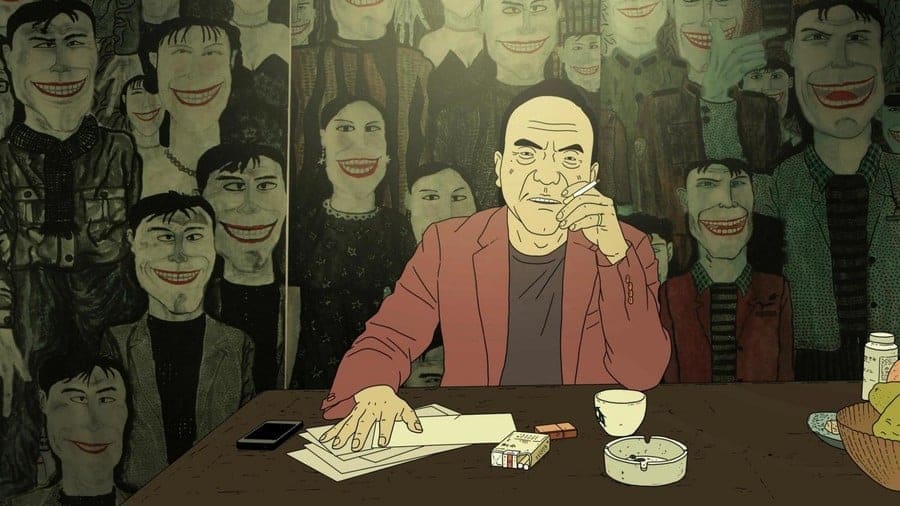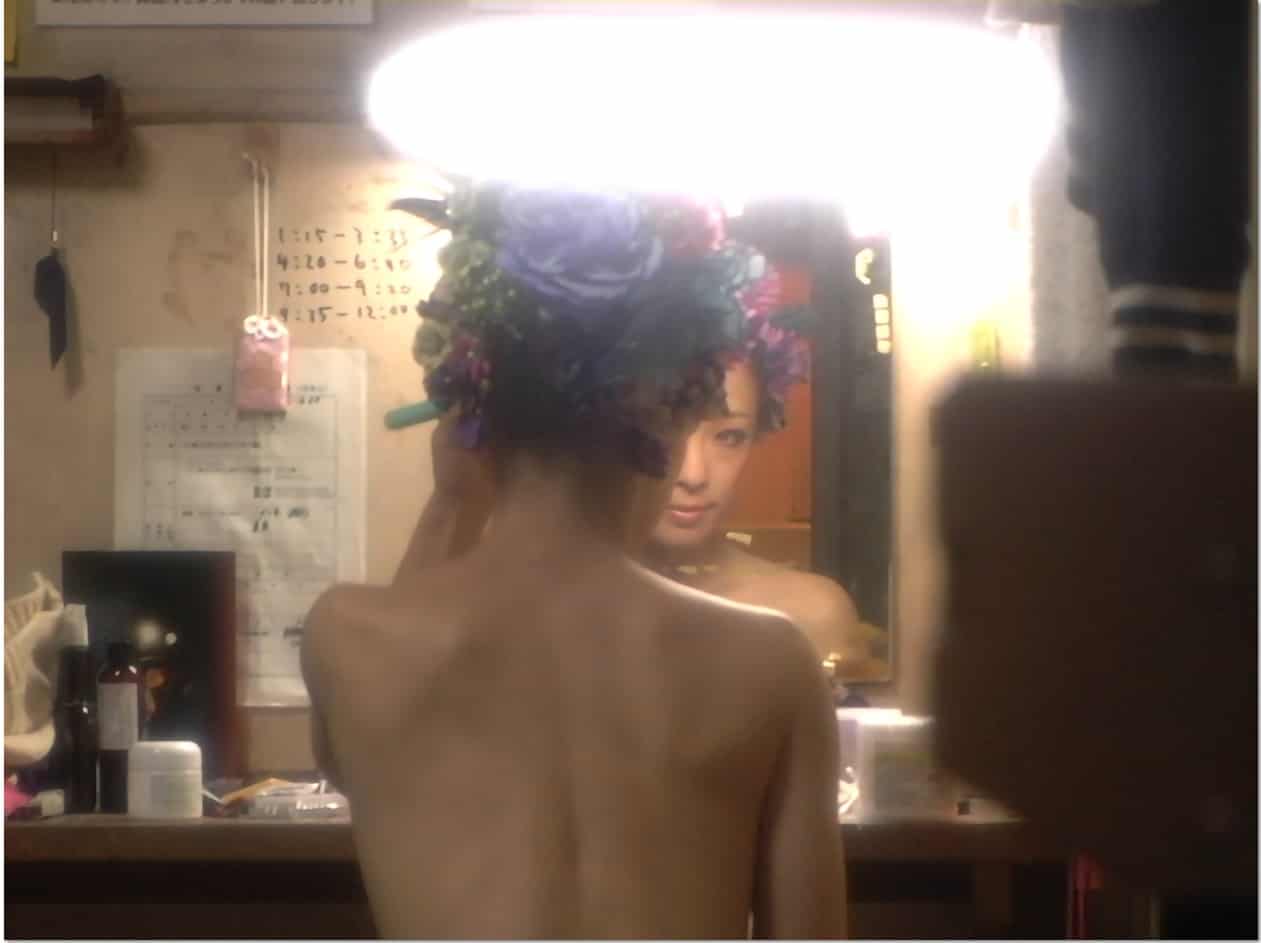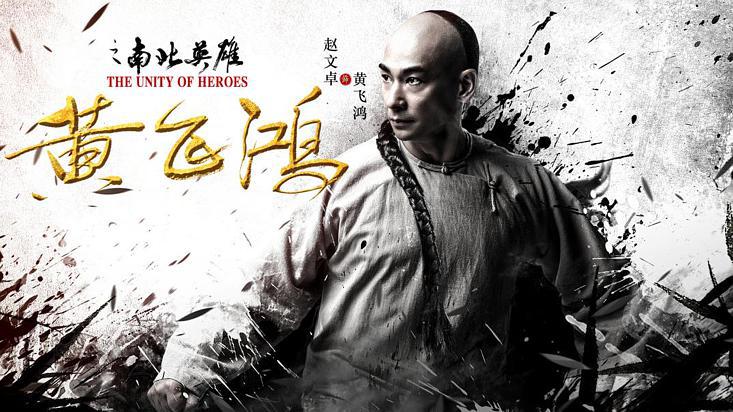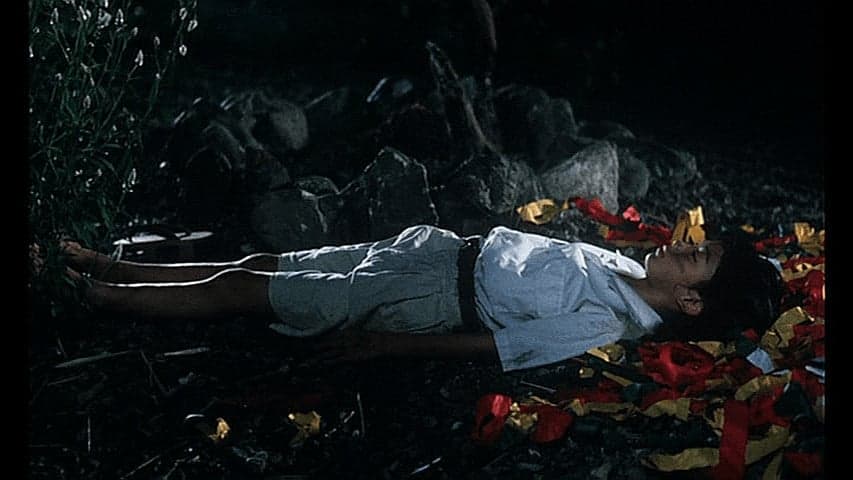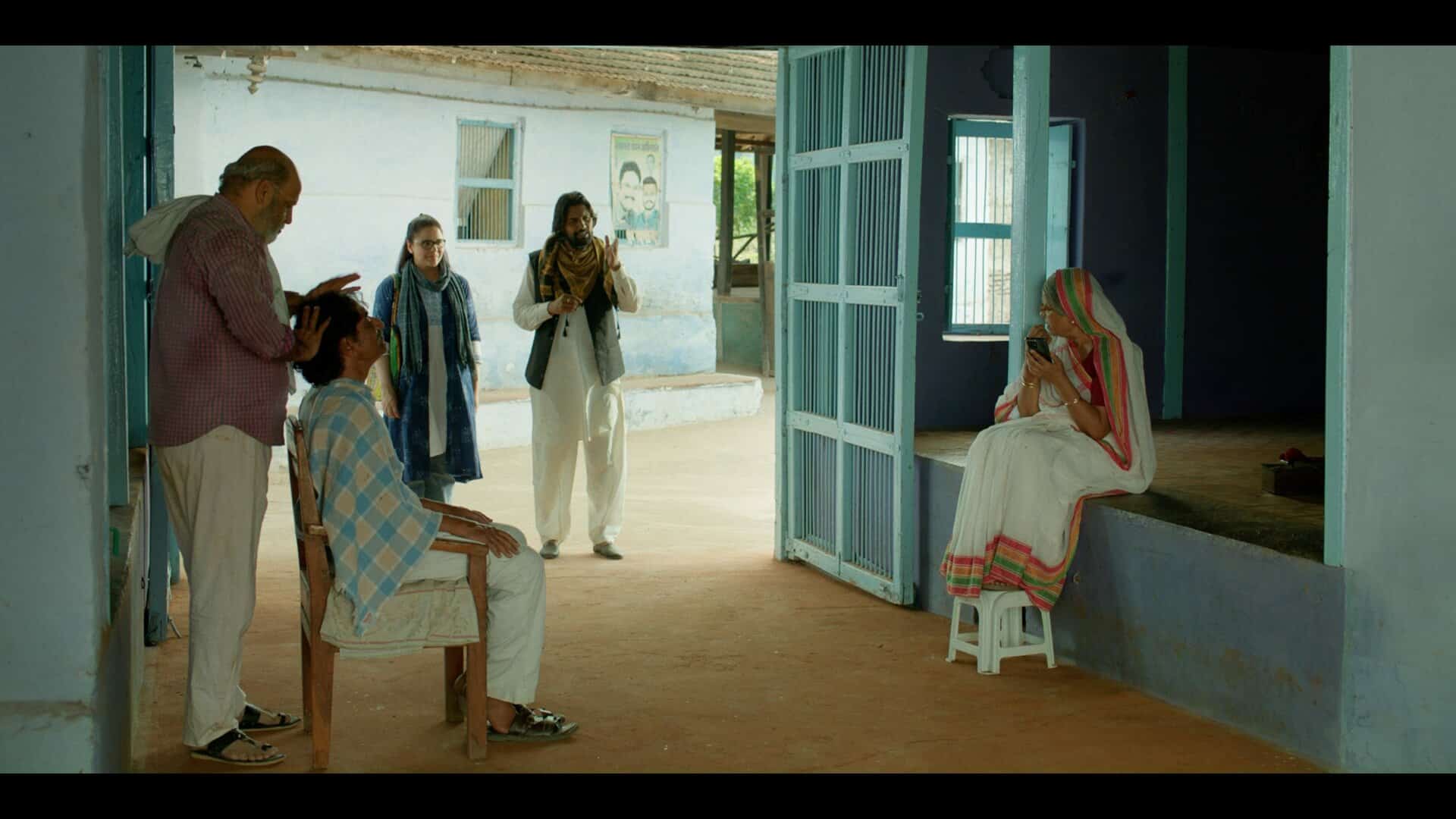Young and enterprising filmmaker Liu Jiayin has created, out of nothing, a very refreshing piece of work that sits between documentary and docu-fiction. Armed with a cheap DV camera, she has shot “Oxhide” while a student at the Beijing Film Academy at the age of 23 and the movie has gained a fast and unexpected success within the independent cinema circle. “Oxhide” was screened in 2005 at the Berlin International Film Festival, where it took two prizes, including the FIPRESCI Award in the Forum of New Cinema. It also screened at the Hong Kong International Film Festival, where Liu received the Golden DV Award for best digital work, and at the Vancouver Kong International Film Festival where she received the top Dragons and Tigers Award for East Asian cinema.
Oxhide is available for institutional use from Icarus Films
In the small and cramped apartment that the director shares with her parents in Beijing, Liu has shot the 23 takes (like her years of age), all in the same room, that compose the movie. Since the very beginning, we are informed of the unusual viewpoint chosen for the narration. We see a section of a table and we hear Liu and her father talking and typing, but for a long time, we don't see anything moving until a sheet of paper, out of the printer, slowly comes into the frame.
The movie simply narrates everyday family life as experienced by Liu, literally “from within”. Mundane tasks and familial interactions in Liu's household are told from an always-static camera, with no additional lights and through a counterintuitive aspect ratio. The director adopts a scope frame which is commonly used to broaden the landscape, while here it makes the space smaller and almost claustrophobic, often cutting away abruptly heads and legs and focusing on hands and objects moving across a table. It is a very fresh and innovative approach and has the power to suck the viewer in the core of the action, where as “action” we have the daily routines, like cooking, eating, conversing, which are protagonists here, instead of a mere backdrop.
Through those, we get to know Liu's family; his father is a leather artisan, constantly troubled by the business that doesn't seem to pick up and – amusingly – by the daughter's high that instead of growing is, in his opinion, decreasing. The mum, on the other hand, is the retainer of common sense and the balancing force that keeps the man away from insanity.
But don't be fooled by the naivety and the “fly on the wall” look, “Oxhide” was carefully prepared and scripted beforehand by the director, who, with great skill was able to get the best out of what she had, i.e. two collaborative parents, a cat and a tiny budget. In this context, she has cleverly prioritized sound over light and the crisp sound effects make up beautifully for the lack of professional lighting. Not least, the movie sparks a reflection of the digital era and the amazing possibilities that offers; not long ago, it wouldn't have been possible to realize a film like “Oxhide”.
This portrait of a working-class family in their minuscule flat is a mesmerising work and although in interviews Lin has repeatedly denied any intention of making a statement or representing a bigger picture of China, you have the feeling the film has developed its own life outside its creator and that indeed it speaks volumes about urban life and changes in contemporary China.






